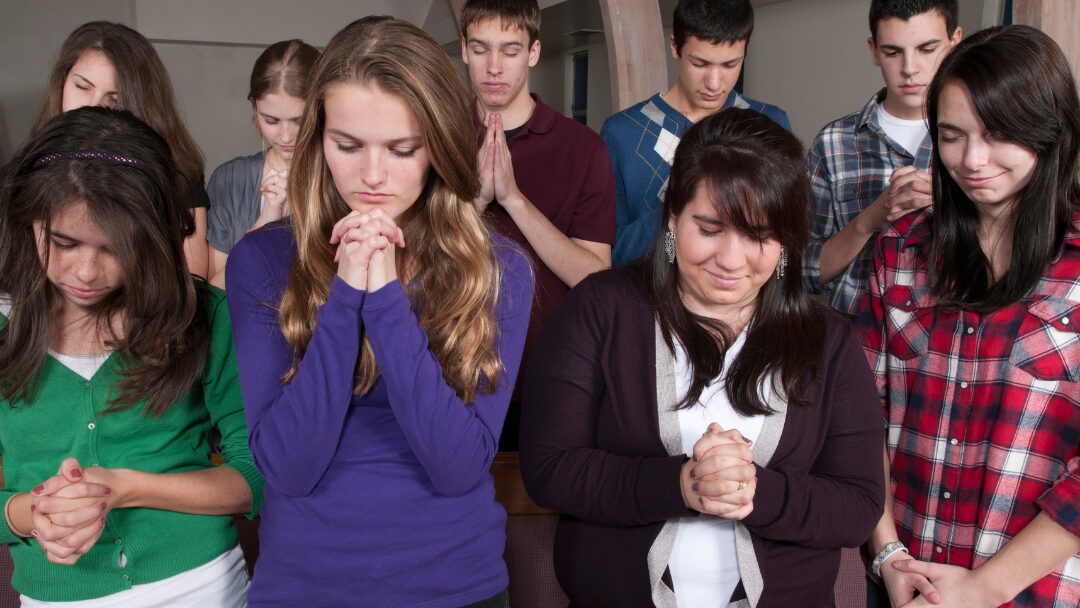In a world often fraught with legal battles and social injustices, Christian legal organizations stand as beacons of hope, tirelessly advocating for human rights, social justice, and religious freedom. Motivated by their faith and a commitment to serving others, these organizations play a crucial role in defending the marginalized, oppressed, and persecuted. Through legal expertise, strategic advocacy, and unwavering dedication, they strive to create a more just and equitable society, reflecting the principles of compassion and righteousness inherent in the Christian faith.
The Foundation of Christian Legal Advocacy
At the heart of Christian legal advocacy lies a deep-rooted belief in the inherent dignity and worth of every individual. Grounded in the teachings of Christ, these organizations are driven by a sense of duty to protect the vulnerable and uphold justice. They draw inspiration from biblical injunctions to “defend the cause of the weak and fatherless; maintain the rights of the poor and oppressed” (Psalm 82:3) and to “speak up for those who cannot speak for themselves, for the rights of all who are destitute” (Proverbs 31:8-9).
Advocacy for Human Rights
Christian legal organizations are at the forefront of the fight for human rights, both domestically and internationally. From challenging systemic discrimination and advocating for criminal justice reform to combating human trafficking and protecting the rights of refugees and asylum seekers, these organizations leverage legal expertise to address a wide range of human rights abuses.
For example, organizations like the American Center for Law and Justice (ACLJ) and the Becket Fund for Religious Liberty have litigated cases involving religious discrimination, defending the rights of individuals and organizations to freely practice their faith without fear of persecution or coercion. Similarly, groups like International Justice Mission (IJM) work to combat modern-day slavery and provide legal assistance to victims of human trafficking, empowering them to seek justice and rebuild their lives.
Pursuing Social Justice
Christian legal advocacy extends beyond courtroom battles to encompass broader efforts aimed at promoting social justice and equality. These organizations engage in legislative advocacy, community outreach, and public education initiatives to address systemic injustices and promote positive social change.
For instance, the Christian Legal Society (CLS) equips lawyers and law students to integrate faith with their legal practice and engage in pro bono work that serves the needs of the marginalized and underserved. Meanwhile, organizations like the Ethics and Religious Liberty Commission (ERLC) advocate for public policies that uphold human dignity, protect religious freedom, and advance the common good.
Defending Religious Freedom
In an increasingly pluralistic society, the protection of religious freedom is a pressing concern for many Christian legal organizations. These groups work tirelessly to defend the rights of individuals and religious communities to worship freely, express their beliefs, and live out their faith without interference or discrimination.
The Alliance Defending Freedom (ADF), for instance, litigates cases involving religious freedom and freedom of speech, representing clients who face censorship, discrimination, or persecution because of their religious convictions. Similarly, organizations like the Thomas More Society and the Liberty Counsel provide legal representation and advocacy for individuals and organizations facing legal challenges to their religious liberty.
Conclusion: A Call to Action
Christian legal advocacy is a powerful testament to the transformative potential of faith-inspired activism in the pursuit of justice and freedom. Grounded in compassion, guided by principles of righteousness, and fueled by a commitment to serving others, these organizations exemplify the timeless imperative to “seek justice, love mercy, and walk humbly with your God” (Micah 6:8).
As individuals and communities, we are called to stand in solidarity with those who are oppressed, marginalized, and persecuted, and to work tirelessly to uphold the principles of human rights, social justice, and religious freedom. By supporting and partnering with Christian legal organizations, we can each play a part in building a more just and compassionate world, where all are treated with dignity, equality, and respect.







